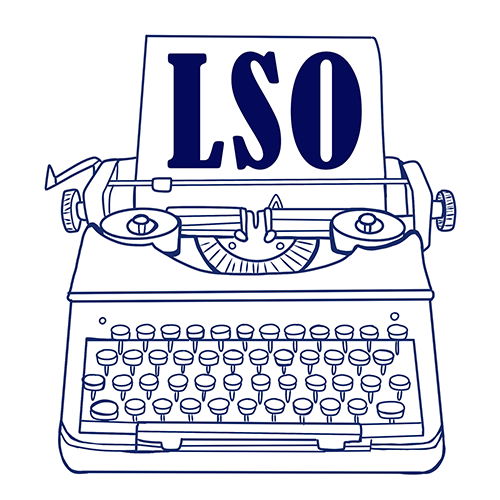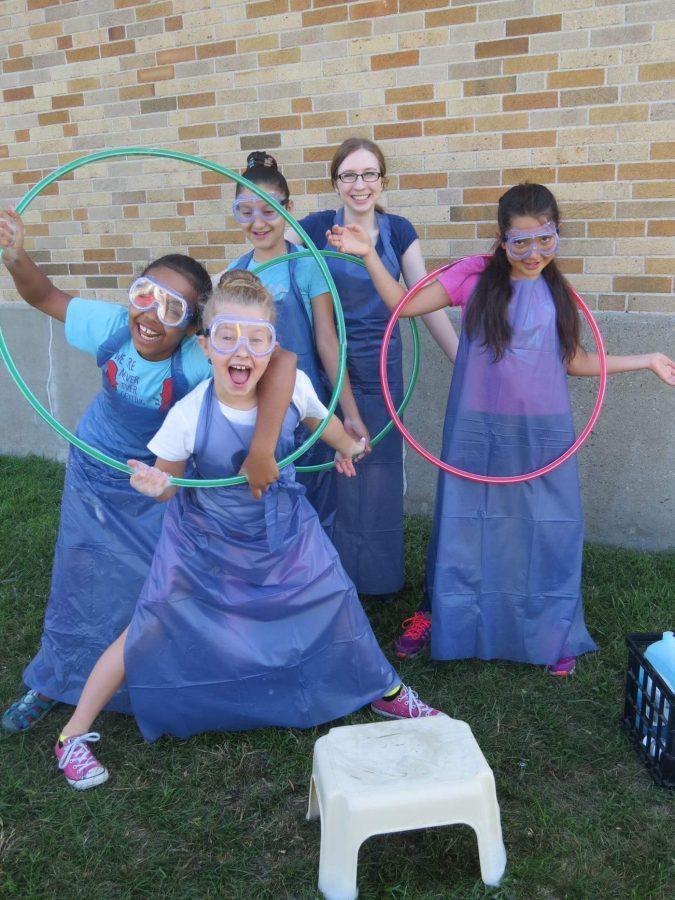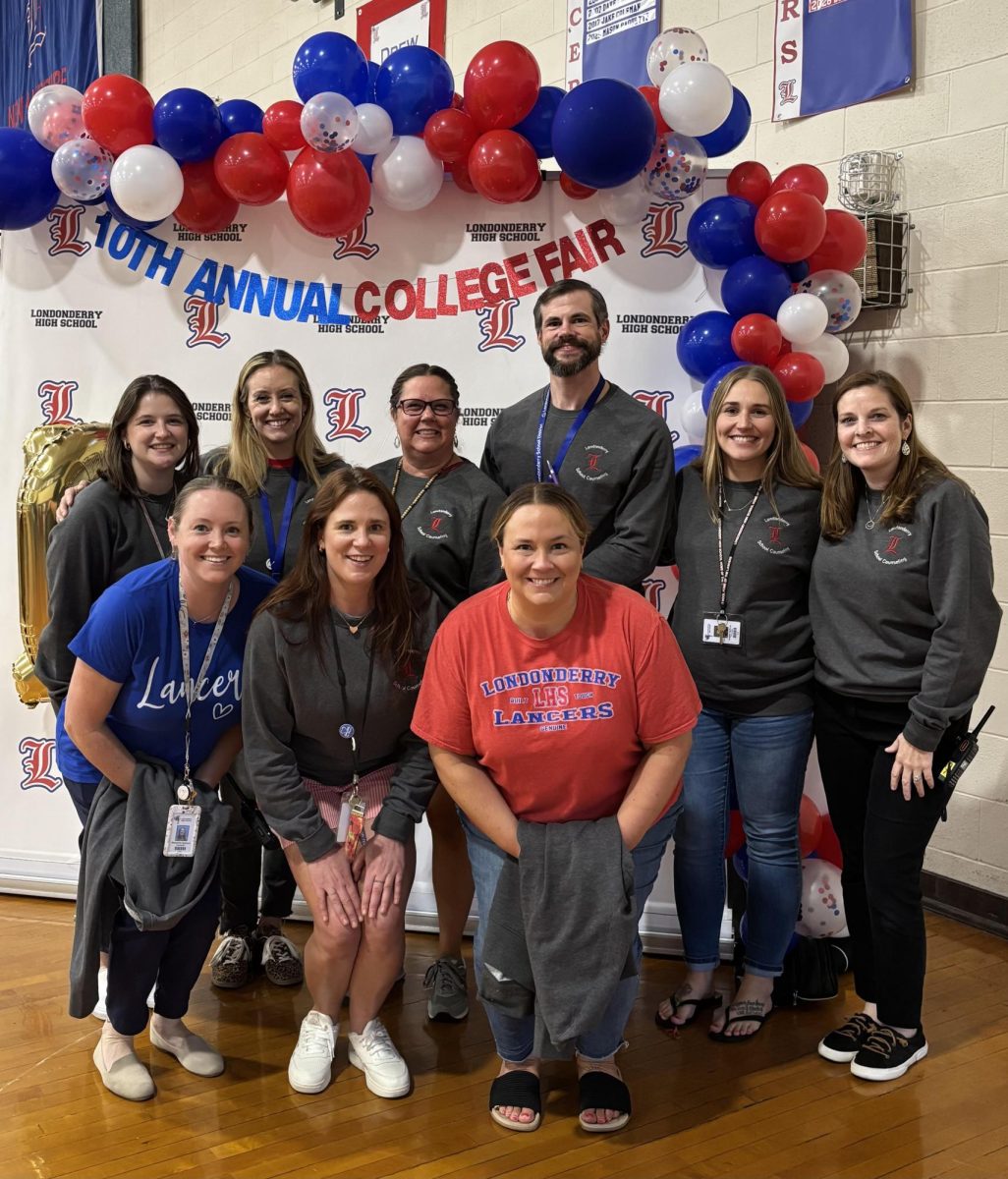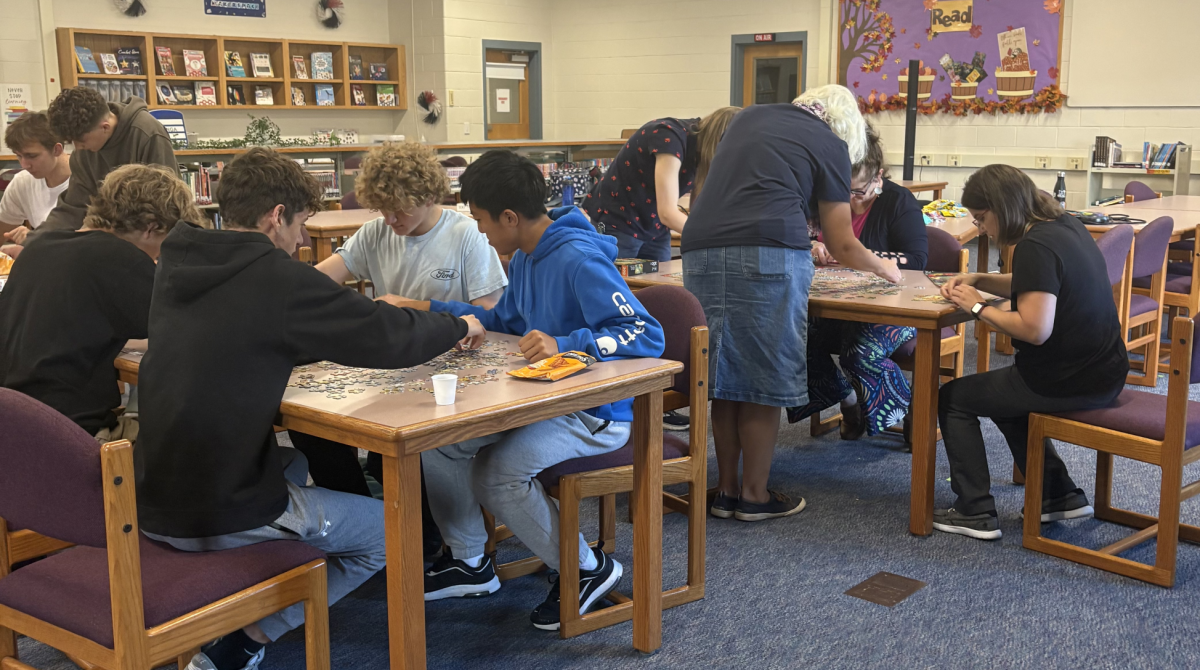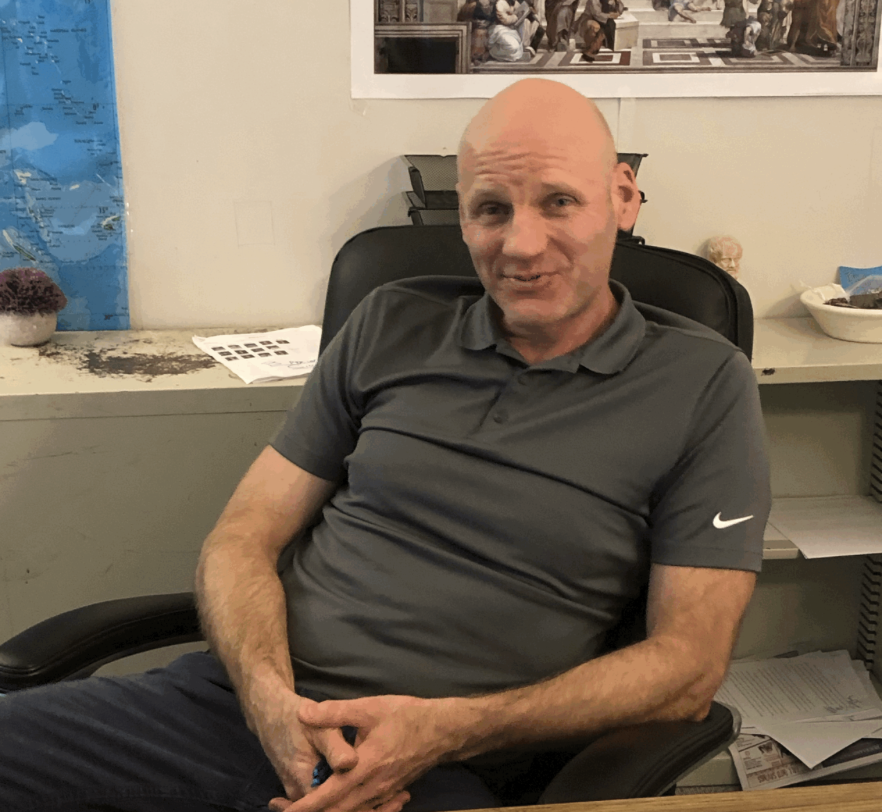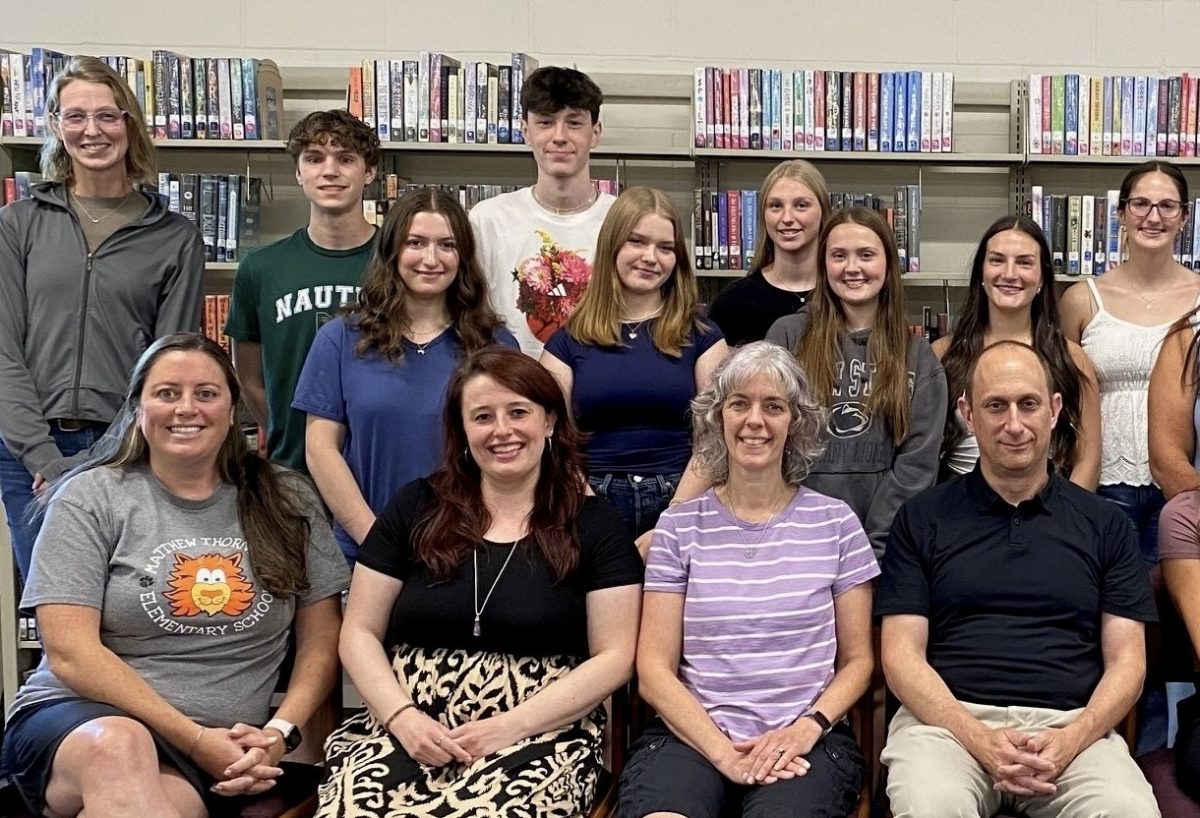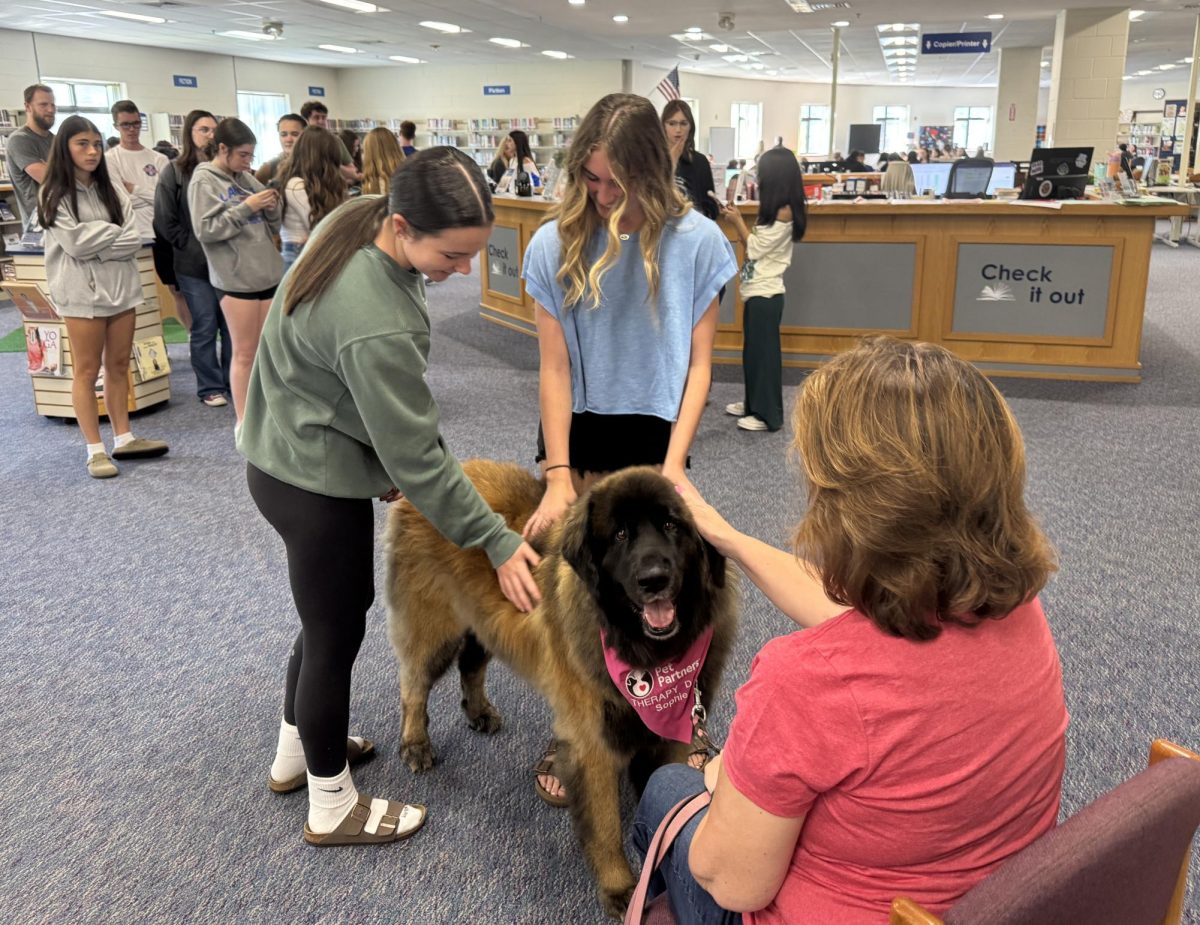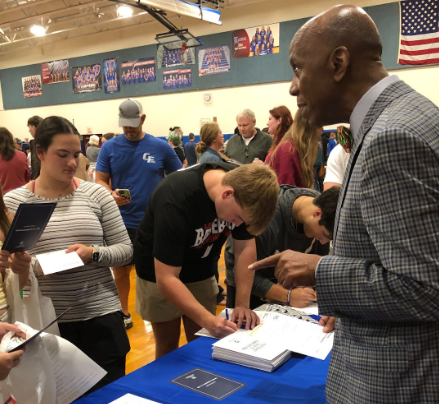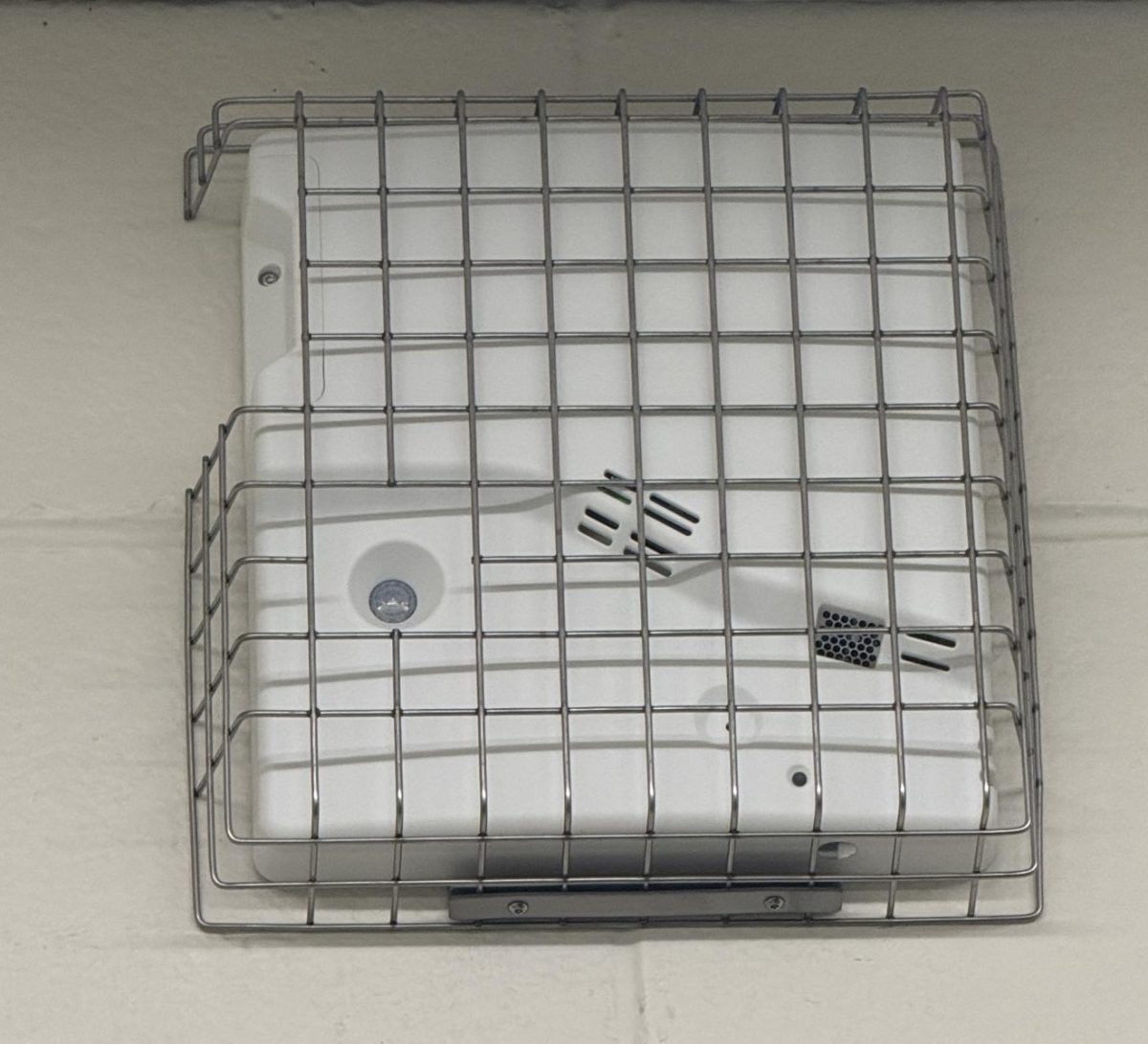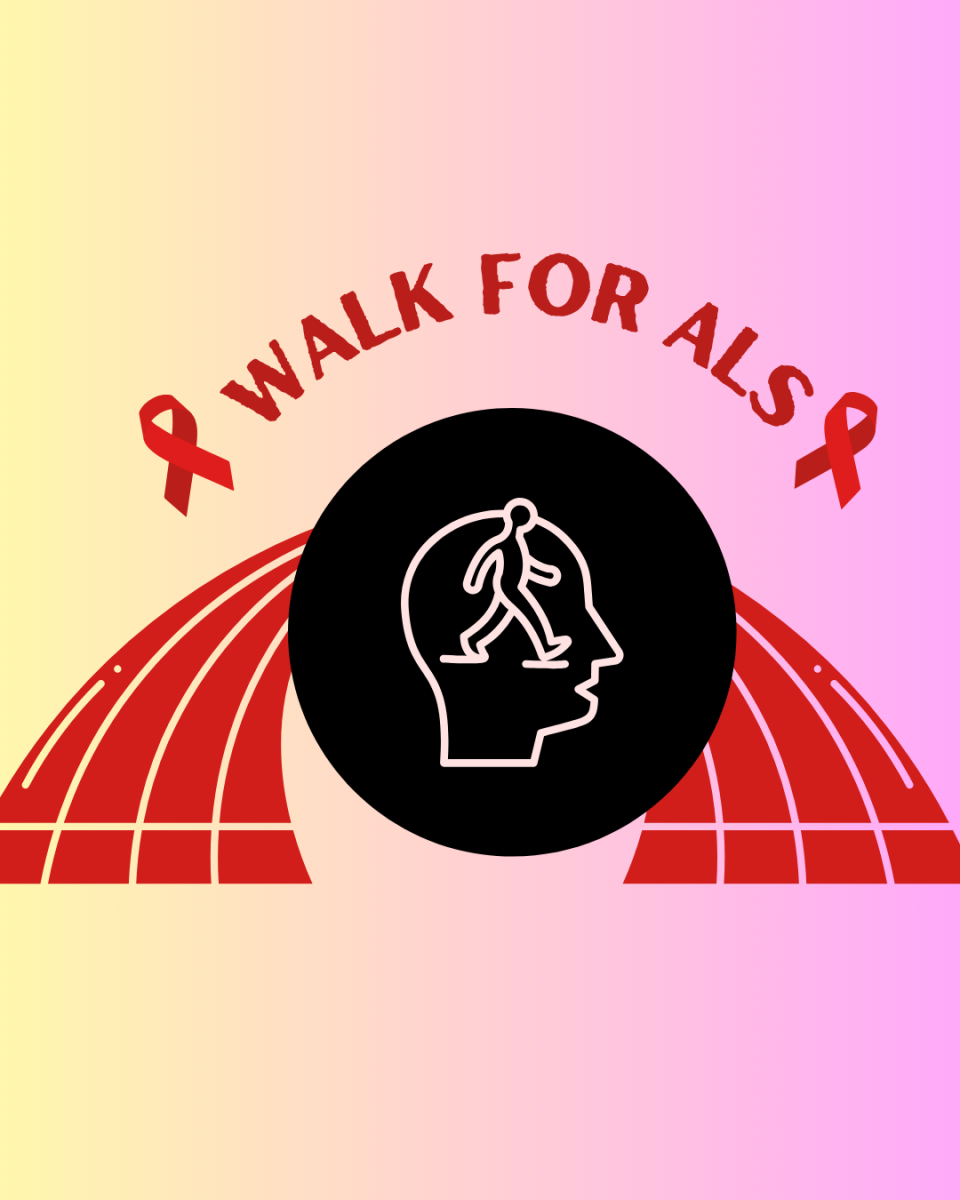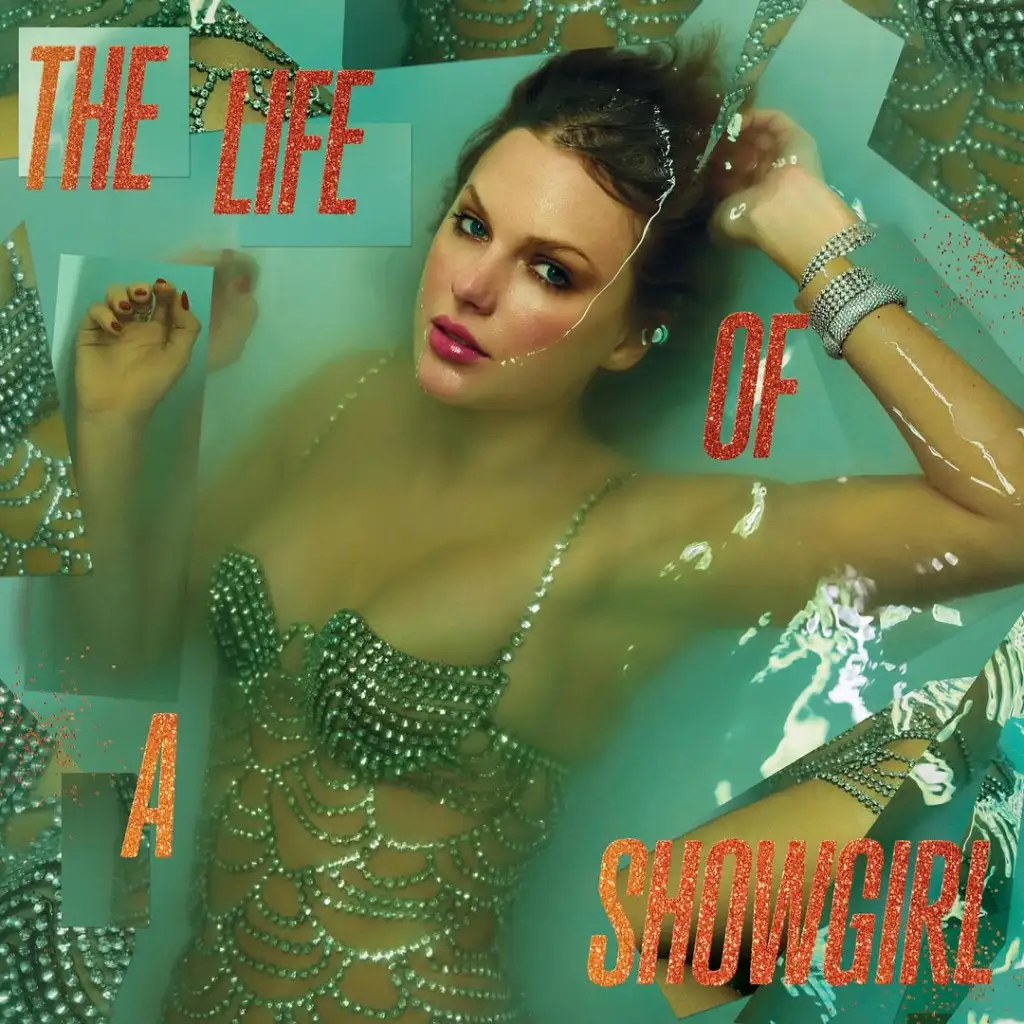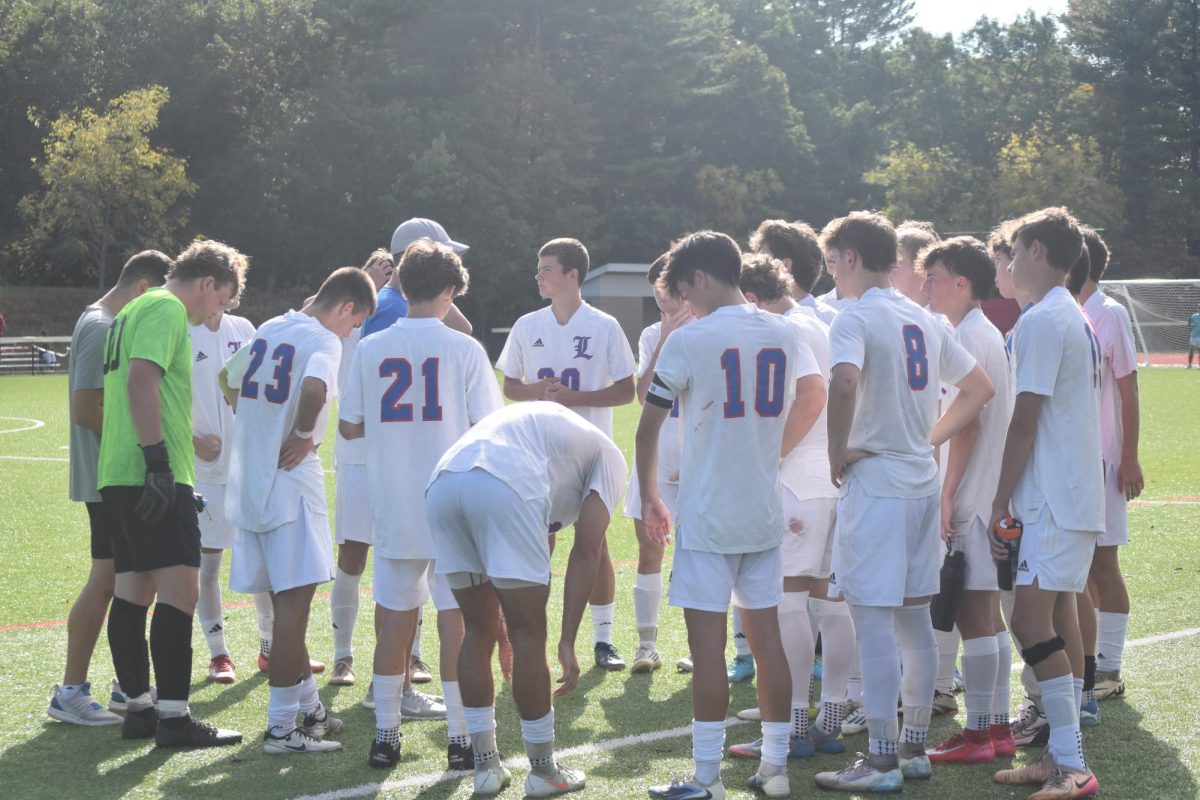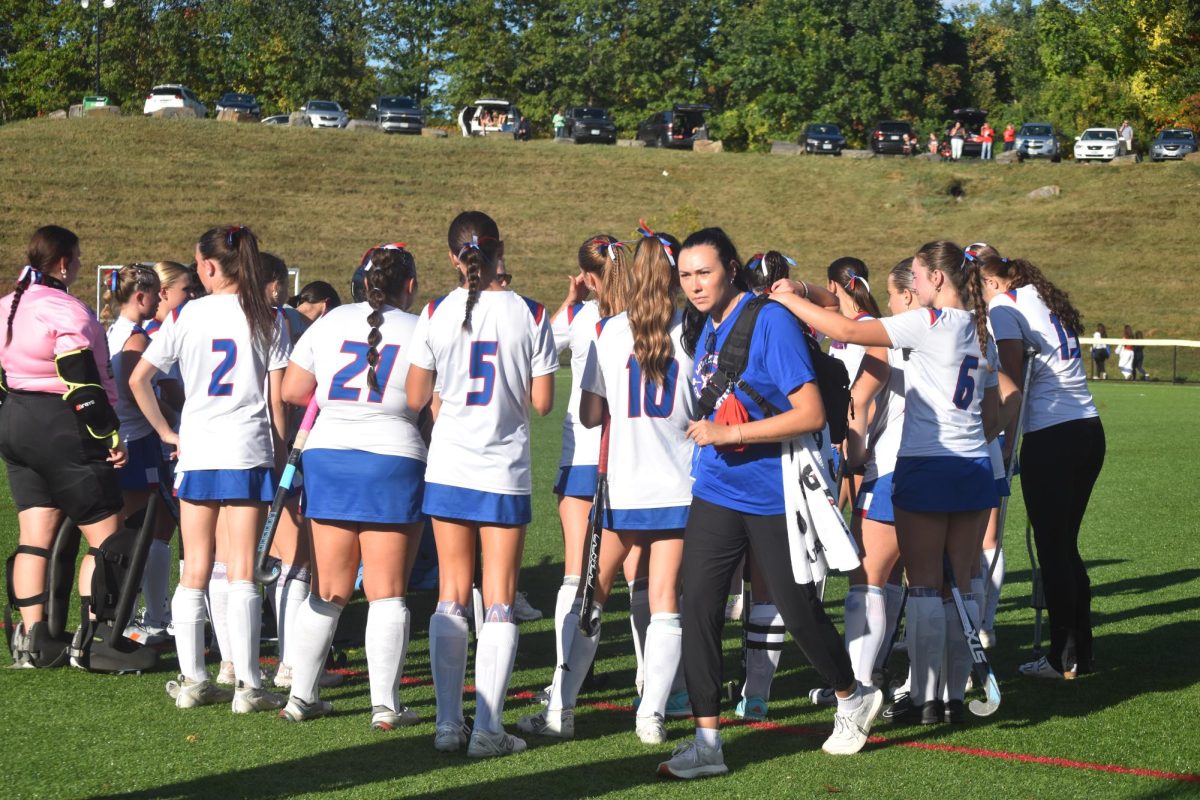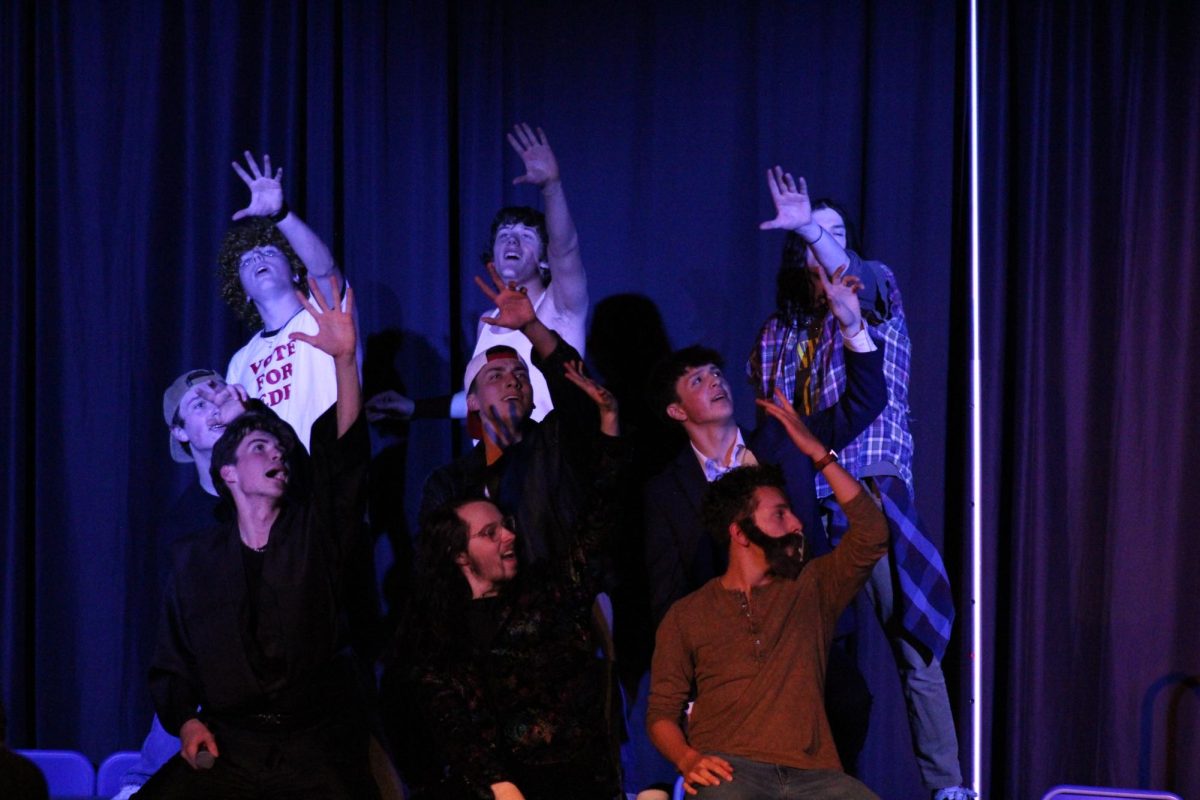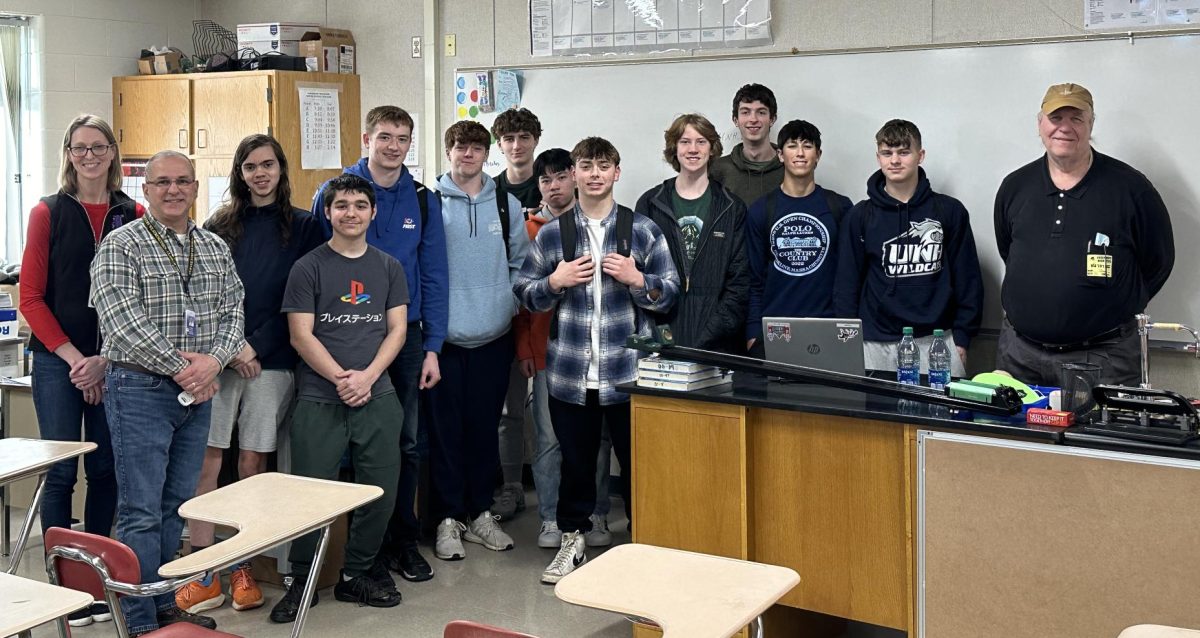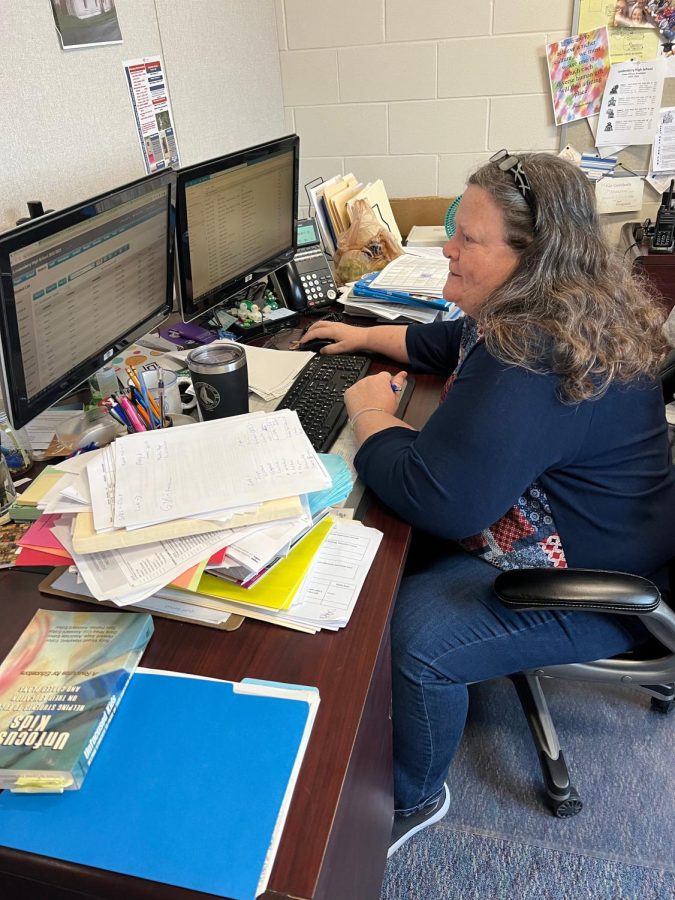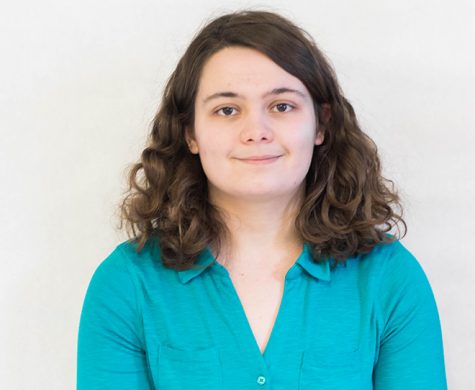Women have come a long way since sitting quietly, hands folded in their laps, expected to be merely seen and not heard. They’ve led countries, built up their own businesses, joined the military, and have proven that men aren’t the only ones with strength and intelligence.
Yet even with all this progress, women are still underrepresented in many fields compared to men, especially those in Science, Technology, Engineering and Math (STEM). This is why LHS alumni Erin McKenney decided to create the “Curiosity Science Program” for her Girl Scout Gold Award project. She hopes her program will get girls aged 8-12 interested in science, which will help bridge the gap between men and women involved in STEM.
“We cannot effectively solve issues in STEM and conduct research with only half the population participating,” McKenney said. “It’s beneficial to everyone to have a variety of perspectives involved in research and implementation.”
In addition to receiving the Girl Scouts’ Golden Award–the highest award that can be offered to a Girl Scout at the Senior or Ambassador level–for creating the Curiosity Science Program, McKenney was also recently selected for BBC’s “100 Women” series. This series profiles great women from around the world involved in politics, science and entertainment.
“I was interested in making a difference in the community and working on a project like this,” McKenney said, “so the Gold Award provided a structure to do that within. It was less about the award and more about the opportunity to work on a project I loved. Doing it as a Gold Award provided extra resources and made it easier to get lab supplies donated.”
McKenney, who has been a Girl Scout for 12 years, began to organize the Curiosity Science Program in July of 2015. She spent several months researching, creating labs and collecting over $3,000 worth of supplies for the program. The program was first put into effect by Girls at Work, a program which teaches girls to use power tools to help them build confidence to face future challenges, during the summer of 2016. Since then several non-profits have also picked up the program.
The Curiosity Science Program gives girls the opportunity to explore different areas of science through fun experiments such as making ice cream, a giant bubble big enough for the girls to stand in, and rockets. These activities teach girls a large range of scientific principles such as chemical reactions and states of matter.
“The more important lesson was that they can pursue any field they’re interested in,” McKenney said. “It was such an honor to witness their confidence increase and see them become excited about a new subject.”
Besides teaching girls the principles of science, the program also exposes the girls to women working in STEM fields. When she was organizing the program, McKenney contacted women scientists from all over the world and asked them if they could send pictures and letters for the girls involved in the program to see.
“People need to know that their place in the world is anywhere they want it to be,” McKenney said. “There is no job that is masculine or feminine. The only thing that really matters is that they’re doing something they believe in.”
In addition to being in the 100 Women series, McKenney was also invited to work on a project started by BBC to edit Wikipedia pages to include more women involved in STEM and other fields where women are underrepresented. She was invited to attend the final event for BBC’s Wikipedia project in London on December 8, where she was able to talk to powerful women such as Dame Stephanie Shirley, who a pioneer for women in business.
“I hope that there will be a point where we don’t have to celebrate specifically women in STEM, because they compose an equal portion of the fields,” McKenney said. “Diversifying perspectives leads to better treatment options for things like breast cancer which has affected so many people in all of our lives, so getting more women involved truly helps everyone.”
